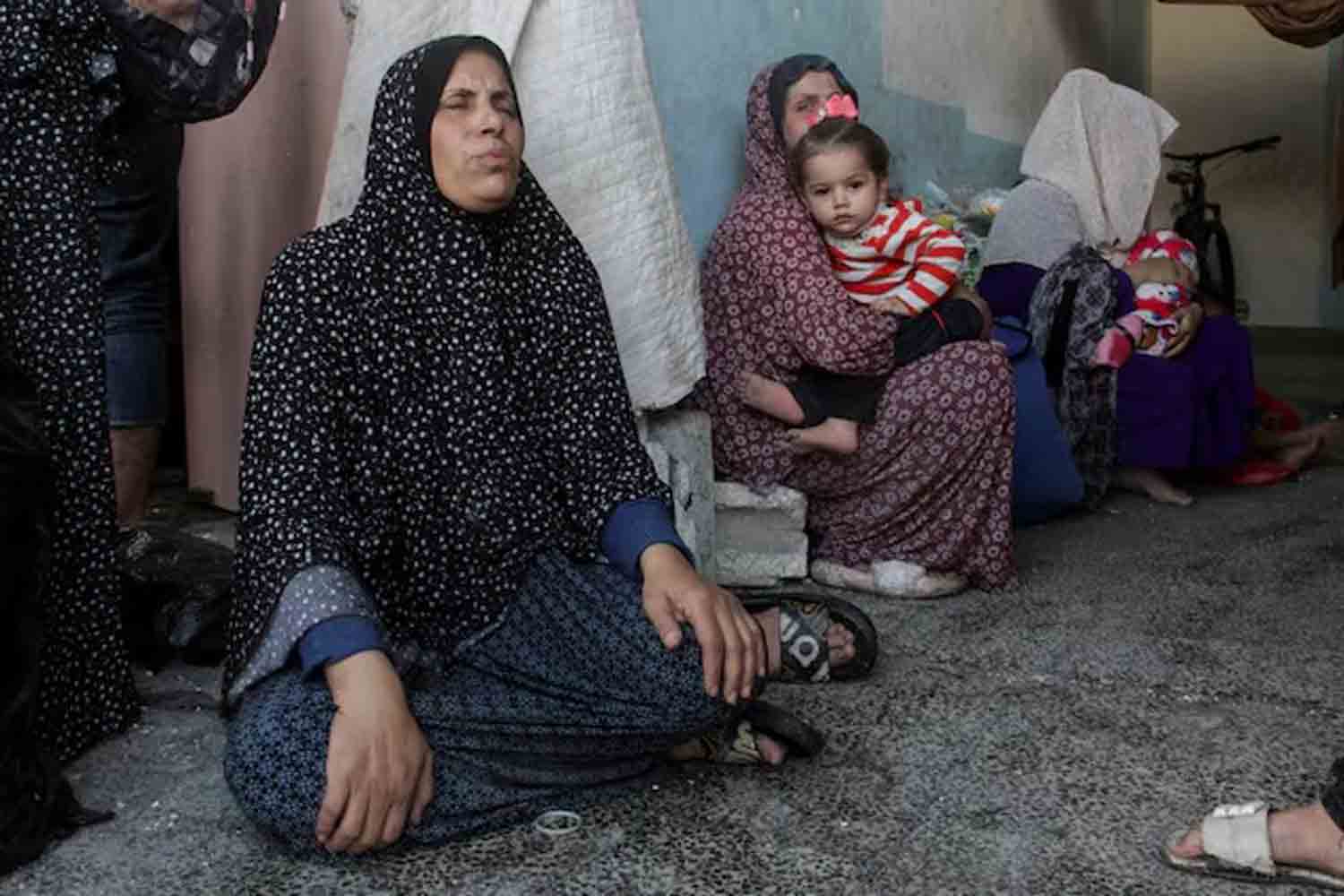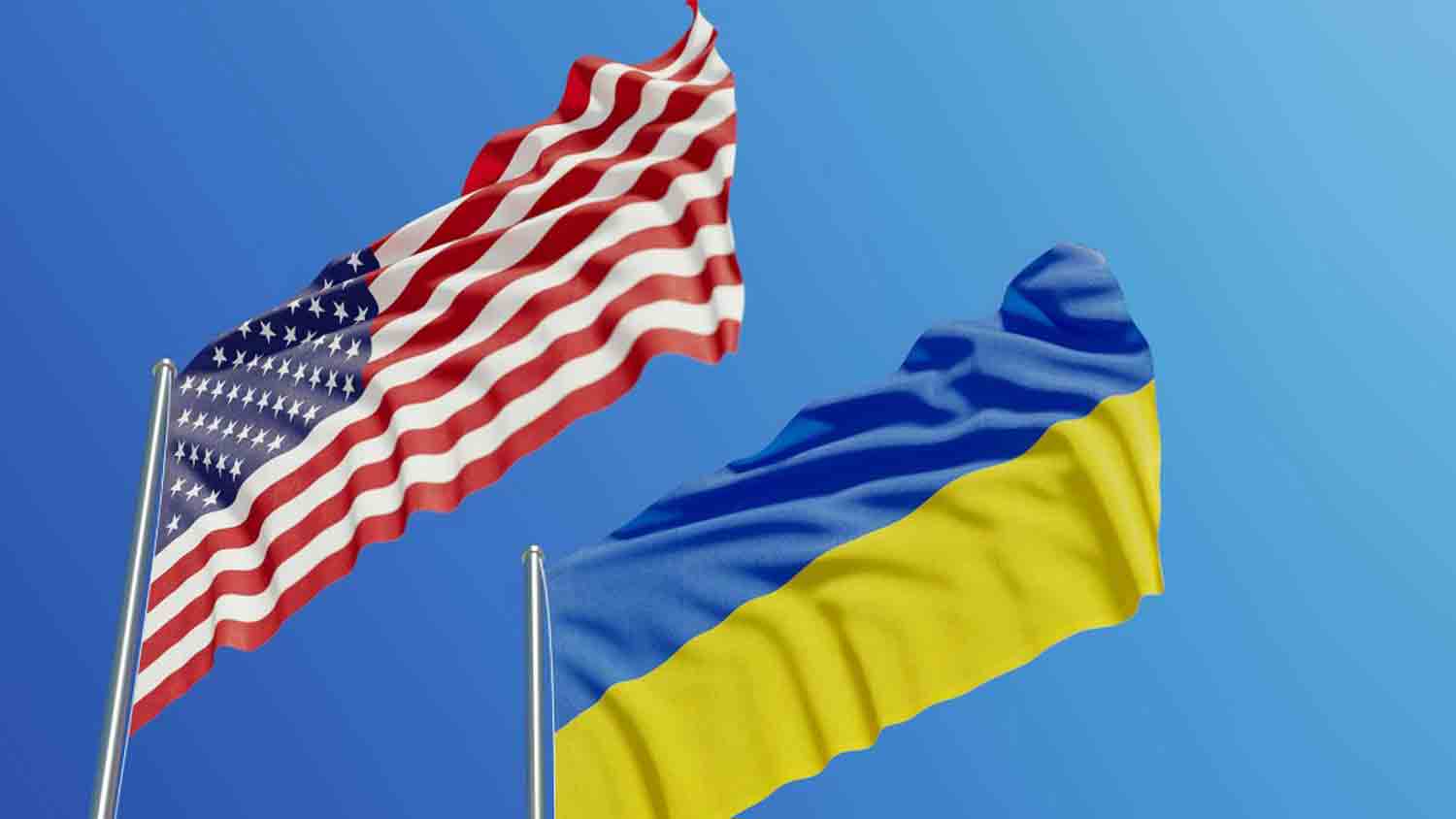Arab nations officially endorse the Palestinian cause; however, security concerns, regional dynamics, and sectarian conflicts have complicated their relationships with Palestinians dispersed throughout the Middle East, resulting in various political and military crises.
JORDAN
Jordan was among the nations that welcomed a significant influx of Palestinian refugees when approximately 700,000 Palestinians fled or were displaced during the establishment of Israel in 1948.
Following Israel’s victory in the 1967 Arab-Israeli war, the Palestine Liberation Organization (PLO), led by Yasser Arafat, relocated to Jordan. From this base, the PLO conducted cross-border operations against Israel, posing a challenge to King Hussein’s authority.
King Hussein, who narrowly escaped an assassination attempt when gunmen attacked his motorcade in 1970, retaliated, leading to a civil war. This conflict resulted in thousands of deaths and the expulsion of Palestinians to Beirut.
In 1994, Jordan became the second nation, after Egypt, to sign a peace agreement that established normalized relations with Israel.
LEBANON
In 1975, a complex civil war broke out in Lebanon, a country marked by deep sectarian divisions, following the PLO’s relocation from Jordan.
Palestinian refugee camps frequently became targets for Israeli, Syrian, and Lebanese militias as they vied for dominance in a nation once known as the Switzerland of the Middle East.
In one of the most horrific events of the 15-year conflict, Lebanese Christian militias, with support from Israel, killed at least 800 Palestinian civilians in the Sabra and Shatila refugee camps. Although Lebanese officials publicly support the rights of Palestinian refugees, their policies, which limit civil rights, have drawn criticism from human rights organizations.
The government argues that these measures are designed to prevent the permanent settlement of Palestinians in Lebanon, thereby facilitating their eventual return to their homeland.
EGYPT
As the most populous Arab nation, Egypt has consistently positioned itself as a supporter of the Palestinian cause. In the ongoing Gaza conflict that began in 2023, Egypt has acted as a mediator between Israel and Hamas, a role it has played in previous conflicts and peace talks. Cairo maintains strong connections with various Palestinian factions, including Hamas, which has governed Gaza since 2007.
However, it is important to note that Hamas is a branch of Egypt’s Muslim Brotherhood, the Islamist organization that President Abdel Fattah al-Sisi dismantled following the ousting of President Mohamed Mursi in 2013. Egypt’s primary focus has been to ensure security along the border between Gaza and the Sinai Peninsula, where it has largely quelled an insurgency. Additionally, Egypt has assisted Israel in enforcing a blockade of Gaza since Hamas assumed control.
Egypt became the first Arab nation to establish peace with Israel in 1979. Since that time, Palestinians residing in Egypt have reported facing growing bureaucratic and security obstacles.
UNITED ARAB EMIRATES
In 2020, the United Arab Emirates emerged as the most significant Arab country to forge diplomatic relations with Israel in three decades, facilitated by the U.S.-mediated Abraham Accords. This agreement broke a longstanding taboo against normalizing relations without the establishment of a Palestinian state, a norm that had persisted since Jordan’s peace treaty.
Abu Dhabi has actively opposed Islamist factions throughout the region, including in Egypt, Sudan, and Libya. The UAE and Israel have since cultivated strong economic and security partnerships, including collaboration in defense.
SUDAN
Historically, Khartoum was recognized by Israelis as the city where the Arab League declared its “Three No’s” resolution regarding Israel in 1967—no recognition, no peace, and no negotiations. However, in October 2020, Sudan agreed to normalize relations with Israel, motivated by the potential for economic relief, removal from the list of state sponsors of terrorism, and greater international integration.
In exchange, the administration of U.S. President Donald Trump consented to lift Sudan from its designation as a state sponsor of terrorism, a label that had kept Sudan isolated from the global economy. The military in Sudan spearheaded the initiative to establish ties with Israel, while civilian groups, which were later marginalized due to a coup and ensuing civil war, were more hesitant about the move.
KUWAIT
Relations between the Palestine Liberation Organization’s leader Yasser Arafat and Kuwait deteriorated due to Arafat’s perceived support for Iraqi President Saddam Hussein during the 1990 invasion of Kuwait. Kuwait had previously been a significant ally and financial backer of Arafat, who initiated his Fatah movement while in the country in 1964.
Following the U.S.-led conflict that expelled Iraqi forces, many Palestinians faced coercion to leave or were forcibly expelled, as Kuwaitis harbored suspicions of their loyalty.
IRAQ
During Saddam Hussein’s regime, Palestinians benefited from subsidized housing, free education, and the right to work—privileges that were uncommon for foreigners. However, following Saddam’s fall in 2003, they faced persecution, violence, and expulsion at the hands of newly dominant Shi’ite militias in response to the end of Sunni governance.
Discover more from Defence Talks | Defense News Hub, Military Updates, Security Insights
Subscribe to get the latest posts sent to your email.





